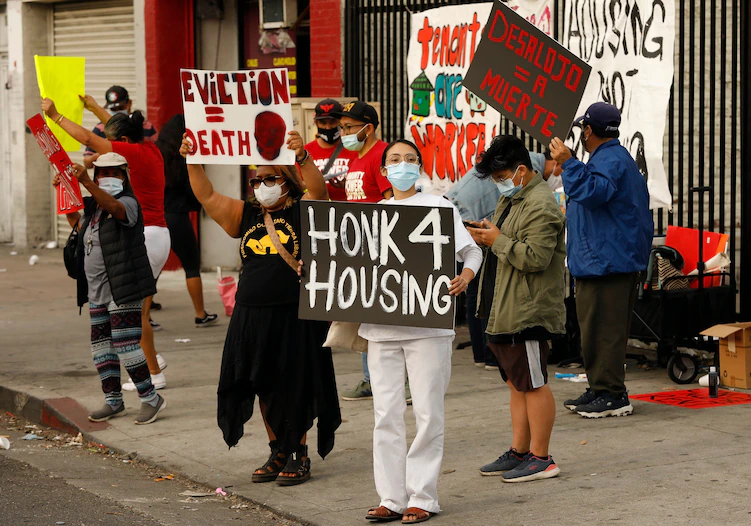Al Seib/Getty Images
- The pandemic has widened inequality, hitting vulnerable workers hard while making the rich richer.
- Amid this, experts are wary of looking only at overall growth to assess economic recovery.
- Instead, they’re increasingly focusing on figuring out how those hit hardest are doing.
Nearly two years into the coronavirus pandemic, the world eagerly awaits predictions of when – and how – the economy will recover from its largest shock since the Great Recession.
By some indicators, that recovery is already well underway.
US gross domestic product (GDP) returned to its pre-pandemic levels in the second quarter of 2021, sooner than economists’ expectations. Household wealth reached a record high in September.
For some, such indicators are reassuring: A recent survey by accounting firm KPMG found that CEOs of the world’s biggest companies are already back to their pre-pandemic levels of confidence in the global economy.
But many experts worry that people have focused too much on the overall economy – and not enough on how those hit hardest are doing.
“There’s too much reporting that everybody is doing just fine and everybody’s flush with cash and everybody’s doing well, and that’s simply not true,” Sylvia Allegretto, a labor economist and co-chair of the…


























































